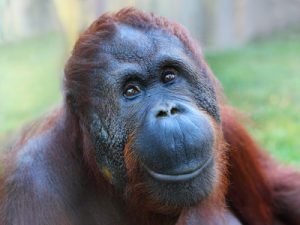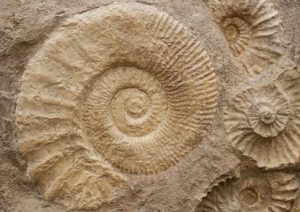Evolutionary Biology Course Level 3
- This course is all about the subject of evolutionary biology, including: The history and development of Darwinism, the emergence of life, the evolution of vertebrate life and early plant evolution.
- This is a Level 3 open entry course and no prior qualifications are required for enrolment.
Evolutionary Biology is defined as: “The branches of biology that deal with the processes of change in populations of organisms, especially taxonomy, paleontology, ethology, population genetics, and ecology.”
Evolutionary Biology is related to other areas of biology, it is a rapidly growing subject for study as increasingly advanced and fast moving technology assists us in learning about the history of the earth and life on it.
There are many long term research projects extending over decades in this fascinating subject. Evolutionary Biologists research and study biodiversity and evolution from pre-historic days to now.
Studying evolution can help us to understand the history of life; studying the historic functions of plants, fungi, bacteria and animals helps us understand their past and present environmental relationship.Evolutionary biology explores the evolutionary processes that produced life on earth, the origin of species through natural selection andgenetic variation and the descent of species and origin of new species. Evolutionary biology has many practical applications, not least in species conservation.
This 4 module evolutionary biology course explores the principles of evolutionary biology. The course explores the history and development of Darwinism (the beginnings of all of our evolutionary thinking begins with Darwin), the emergence of life, the evolution of vertebrate life and early plant evolution.
Learn about the scientific theories of evolutionary biology and about the development of this subject through time from Ancient Greece to modern day.The course is studied as a distance learning course. You will be assigned your own tutor and are able to work at your own pace and so fit your studies in around your other commitments.
*You will have access to the course for 6 months only, after which, you can purchase extensions.
Unit 1
Darwinism and the Emergence of Life
This unit explores the history and development of Darwinism and the emergence of life on our planet.
Learn about:
a) The history and development of Darwinism, looking at the evolutionary theories expounded by Darwin and how they have provided biology with its grand, overarching theory.
b) The emergence of life on our planet from the earliest signs through to the Cambrian explosion.
Unit 2
Evolution of Vertebrates and Plants
This unit looks at the evolution of vertebrate life and gives an overview of early plant evolution.
Learn about:
a) The evolution of vertebrate life, looking in more detail at the evolution of fish, amphibians, reptiles, mammals and birds.
b) An overview of early pant evolution, looking in particular at the non-vascular and vascular plants. Taking into account plant reproduction and leaf evolution.
We offer a selection of accredited and employer recognised courses specifically designed for careers working with animals.
If you have any questions about our courses, please contact us.
We’ve assisted many people to achieve their goal to work with animals. Read more about our 5-star reviews and student success stories.
Gain relevant training to achieve your goal to work with animals.



